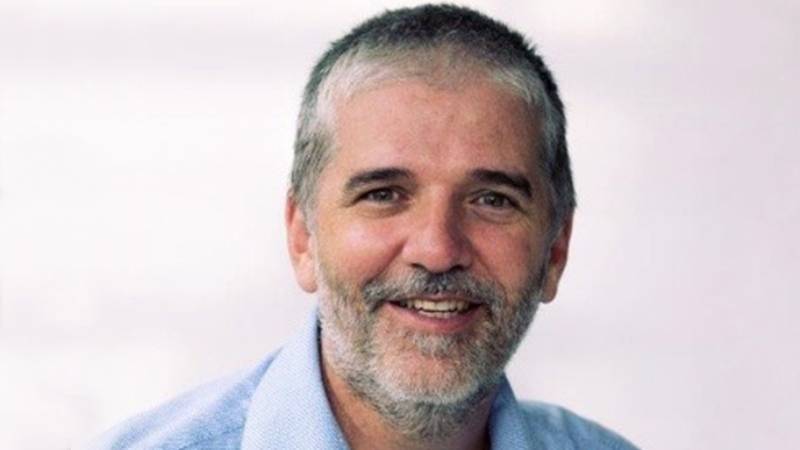SMSFs told to keep ‘eyes wide open’ with 13.22C unit trusts
SMSF professionals have been cautioned on the risks of implementing 13.22C trusts for SMSF clients with many of these arrangements “blowing up” due to minor technical issues, resulting in a complicated wind-up process.
Colonial First State executive manager Craig Day said while 13.22C unit trusts have the potential to provide some great outcomes for SMSF clients, the moment a minor issue arises, such as a distribution not being paid or the trust has invested in another entity, this will result in the whole arrangement needing to be wound up.
“I used to get really excited by 13.22C trusts, but I now run away from them as far as I can because I’ve just seen too many blow up,” Mr Day warned delegates at the SMSF Association Technical Day last week.
“A classic example of this was an adviser I spoke to some years ago who provided some high-value advice to a client involving a 13.22C trust. The adviser was asking me questions for weeks wanting to understand it all, and I warned him that once it was all done and dusted to ensure that the client didn’t touch the trust because any minor issues would cause the whole thing to fall apart.
“He called me about two years later with panic in his voice and told me the client had bought some BHP shares in the trust.”
Given that one of the requirements of a 13.22C trust is that it cannot invest in another entity, including a publicly listed company, this caused the whole trust to blow up and there was a lot of cost involved in unwinding everything, Mr Day explained.
Unpaid present entitlements can be another issue that arises with 13.22C unit trusts, he cautioned.
“If you have a unit trust, you need to deal with that unit trust the same as an investment manager would. Distributions need to be paid promptly, and if they’re not, then the regulator may consider that a loan,” he said.
One of the requirements for a 13.22C unit trust is that the trust cannot borrow, he explained.
“Once you breach one of those requirements in 13.22C, 13.22D kicks in and basically says that the whole thing is buggered and you can’t fix it, which means you have to unwind the whole arrangement. If you’ve got something like residential or a commercial property sitting in there, it gets really complicated,” he said.
“So, you need to be careful with these 13.22C trusts; they can provide great outcomes, but the client has to go in with their eyes wide open.”

Miranda Brownlee
Miranda Brownlee is the deputy editor of SMSF Adviser, which is the leading source of news, strategy and educational content for professionals working in the SMSF sector.
Since joining the team in 2014, Miranda has been responsible for breaking some of the biggest superannuation stories in Australia, and has reported extensively on technical strategy and legislative updates.
Miranda also has broad business and financial services reporting experience, having written for titles including Investor Daily, ifa and Accountants Daily.


